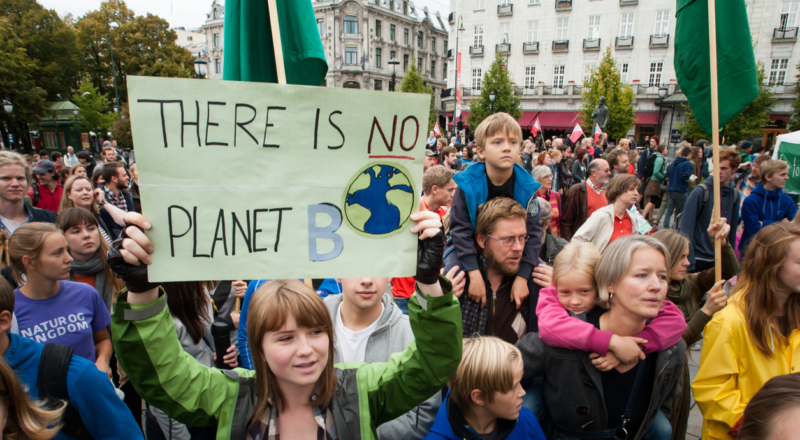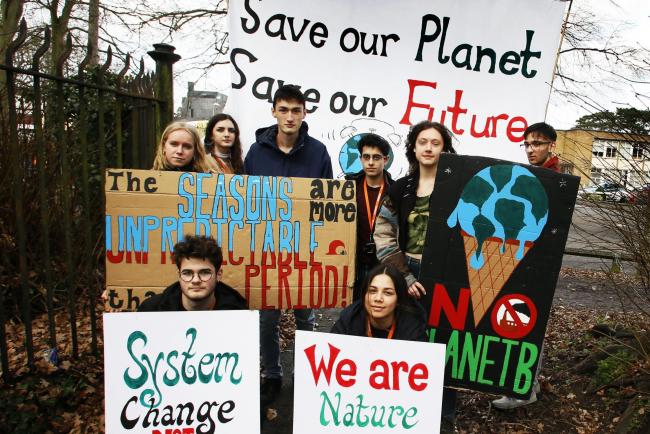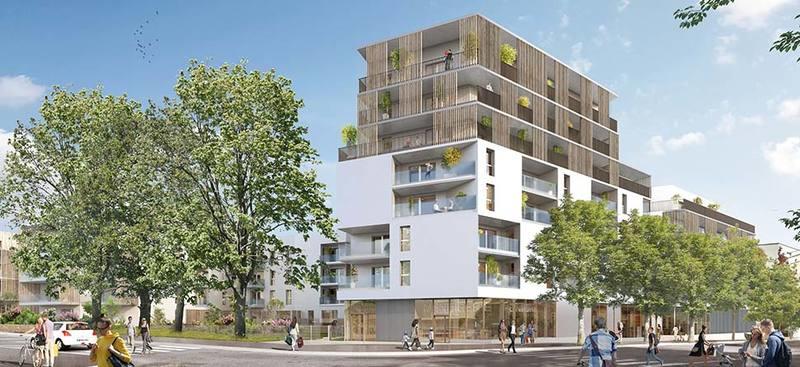This week students around the world took to the streets and called for urgent action to be taken in the face of what is now recognised as a global climate emergency. Whether it is individually or collectively, at home with the family or at work, or in the communities in which we live, we need to act together to find practical solutions to stop the collapse of the natural ecosystems on which we depend for our wellbeing.
There needs to be a change in our governance cultures at the local, regional, national and transnational levels, within public authorities, enterprises and the third sector. The youth movements we saw on the streets of our cities this week are also inviting us to critical reflections on the various dimensions that compose the current threat to the most basic rights of humanity and nature.
The September 27th strike calls on each one of us to take part. After all, “taking part” is also a nature-based solution (NBS) as a cooperative strategy for survival that co-exists among many species, including the human species.
At URBiNAT we have a strong commitment to creating, maintaining, recreating and strengthening nature-based solutions, diluting the artificial separation between humans and nonhumans. But the climate emergency requires an even stronger lens to check the support for climate justice!
What is the ecological footprint of our NBS? What is the climate footprint of our healthy corridors? How much do they respect, protect and restore nature and the climate?
Does the combination of material and immaterial solutions reinforce the need for living and activist’ public spaces? Do our participatory strategies open room for new forms of thinking, planning, deciding and implementing together with citizens, as a fundamental way to address new forms of collaboration for a just regeneration?
How much is the implementation of our NBS feeding the green economies or the (de-re) construction of economy as a whole?
These are some questions we have been discussing within URBiNAT CES team. How is your team, organization and city mobilized for this topic? What other questions do you foreseen? How can URBiNAT improve its climate challenges?
Let’s change climate together!







